
Wang Huiyao, Founder, Center for China & Globalization
Nov 03, 2024
No matter who wins on Nov. 5 — Kamala Harris or Donald Trump — the coming vote will impact the world. China and the United States have a shared responsibility to navigate the problems of climate, economic development and conflict, and constructive efforts on both sides will make all the difference. This essay explores some possible election outcomes that will affect China.
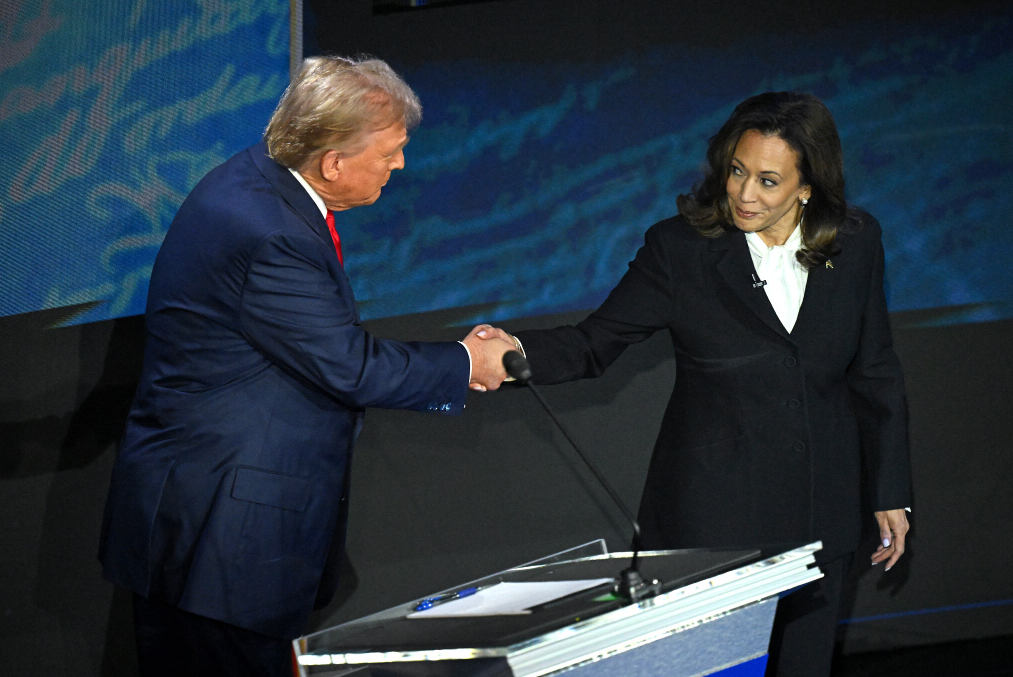
Dan Steinbock, Founder, Difference Group
Oct 30, 2024
Israel’s Iran reprisals aren't over. A broader attack may ensue in cooperation with the United States, while the war-weary, ailing region would prefer to focus on economic development with China.
Diao Daming, Professor at School of International Studies and Deputy Director of Center for American Studies, Renmin University
Sep 30, 2024
When President Joe Biden announced he would not seek re-election, American politics suffered a seismic shock. The Democratic Party’s substitution of Vice President Kamala Harris to face former president Donald Trump upended the apple cart. While Biden had been slipping, Harris’s momentum has made the outcome too close to call.
Fu Suixin, Assistant Researcher at Institute of American Studies, Chinese Academy of Social Sciences
Sep 11, 2024
If Vice President Kamala Harris is elected president in November, she will confront a range of severe challenges, including extremism, a Congress likely to be controlled by Republicans, a debt-ridden government, the decline of U.S. power and ongoing international conflicts. Change won’t come easy.
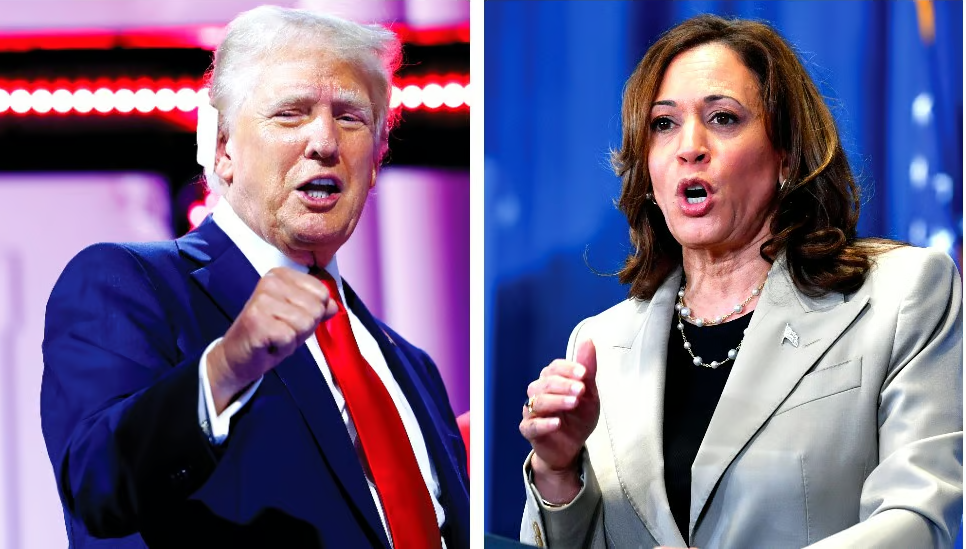
Christopher A. McNally, Professor of Political Economy, Chaminade University
Aug 23, 2024
The upcoming presidential election in the United States could significantly impact China-U.S. relations, though it’s uncertain how each candidate will ultimately approach Beijing. Neither major candidate is perceived as being willing to improve the bilateral relationship at this point, so things could very well get worse.
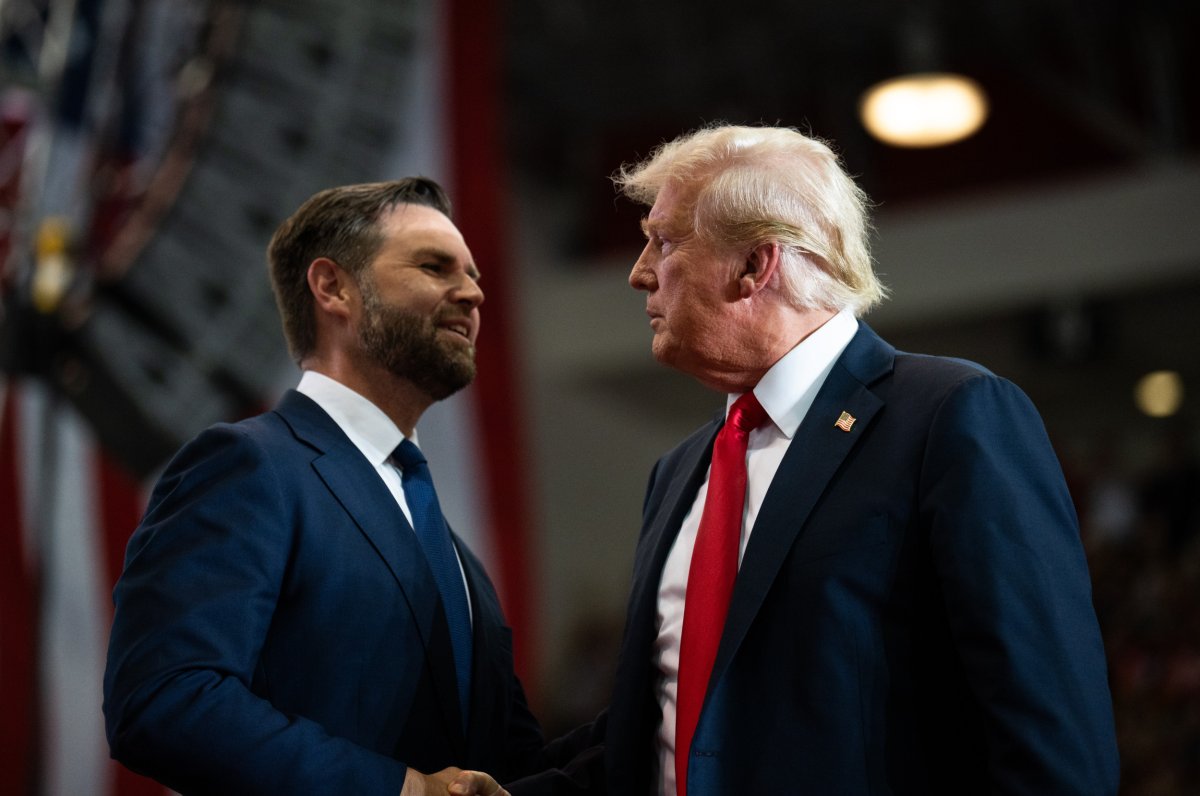
Mallie Prytherch, Researcher at Centre on Contemporary China and the World, University of Hong Kong
Aug 16, 2024
J.D. Vance’s stance on the American struggle in order to achieve the American dream holds parallels to his China policy, and Washington’s China policy more broadly. Americans’ views on China are similarly paradoxical, as they see China as an adversary but do not prioritize it as one.
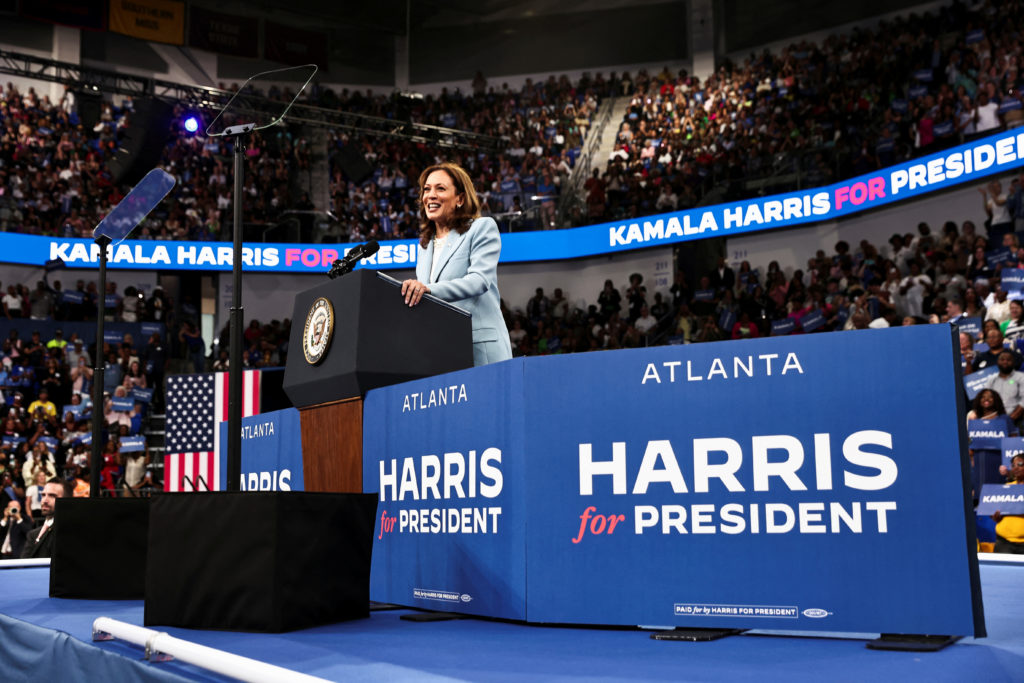
Brian Wong, Assistant Professor in Philosophy and Fellow at Centre on Contemporary China and the World, HKU and Rhodes Scholar
Aug 16, 2024
If Harris, the current vice president of the United States, is elected president in November, her administration will likely not make radical changes to America’s existing China policies, although some nuanced adjustments could occur in areas such as combating anti-Asian racism and fostering economic stability. Those hoping for improvements should remain realistic about the slim odds of that happening.
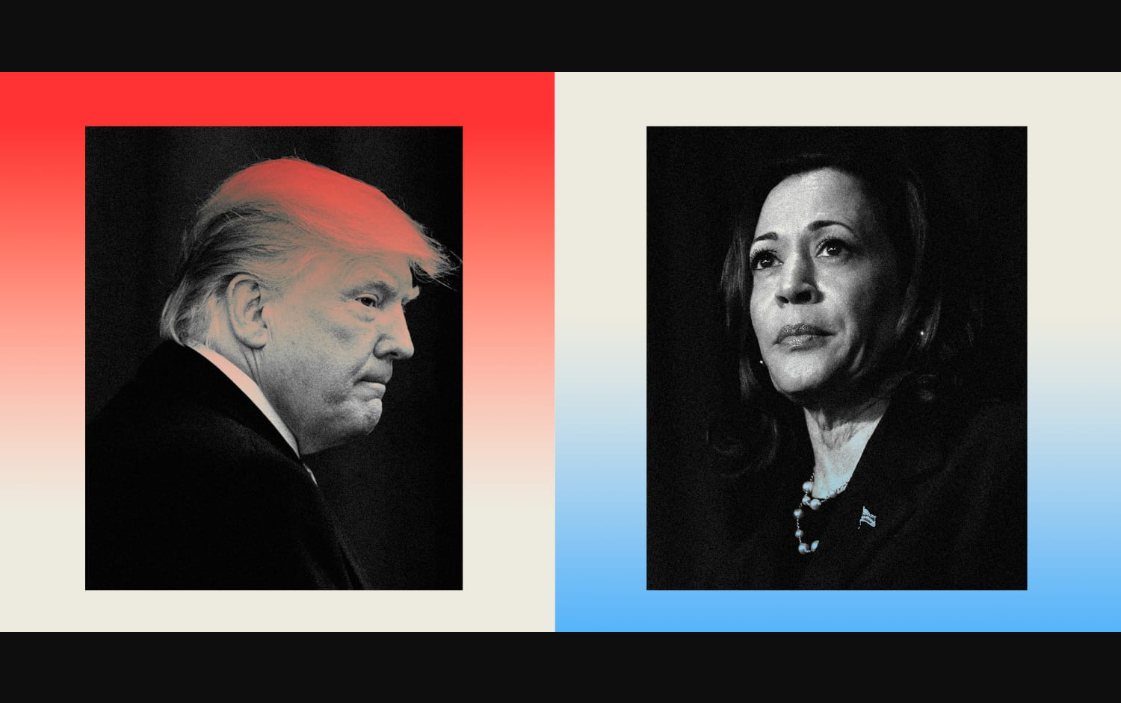
David Shambaugh, Gaston Sigur Professor and Director of China Policy Program at George Washington University, Distinguished Visiting Fellow at Hoover Institution of Stanford University
Jul 31, 2024
As the 2024 U.S. presidential election takes an unexpected turn with Kamala Harris stepping in as the Democratic candidate and Donald Trump showing strong poll numbers, there have been a variety of speculations surrounding future U.S. policies toward China. As in past presidential campaigns, adopting a "tough on China" stance tends to be a winning strategy with voters, so we can likely expect increased critiques in the coming months. But no matter which candidate wins in November, China policies are not likely to change very much from the past two administrations.